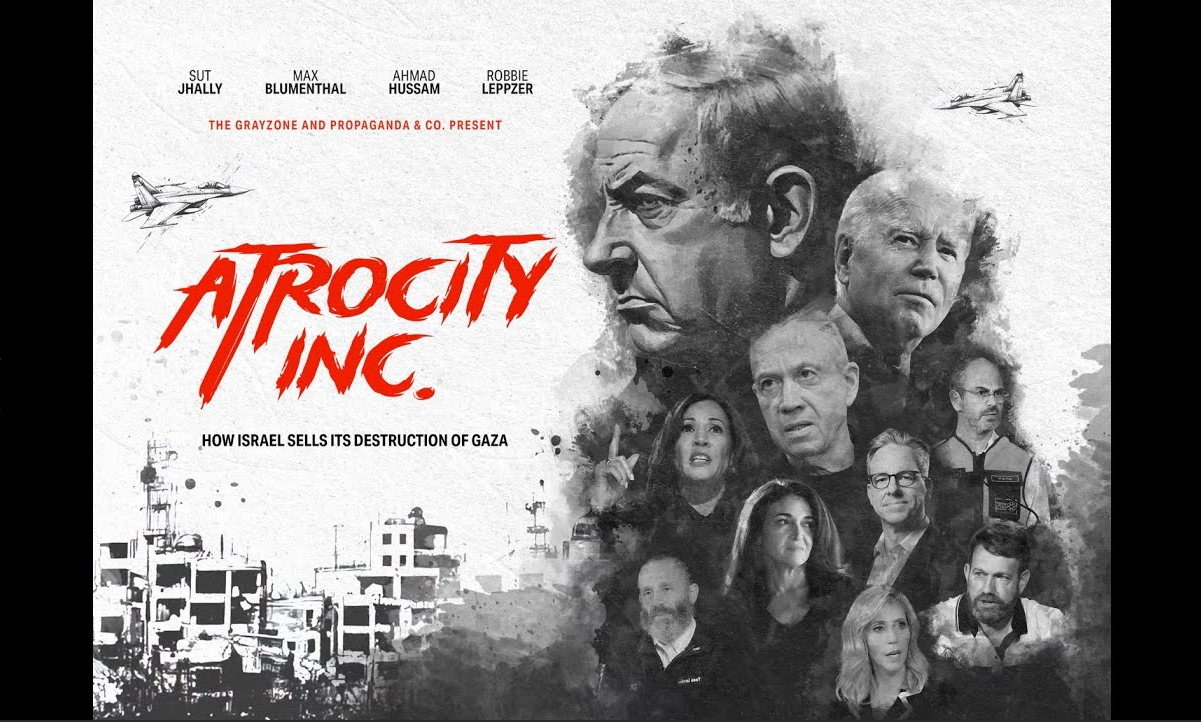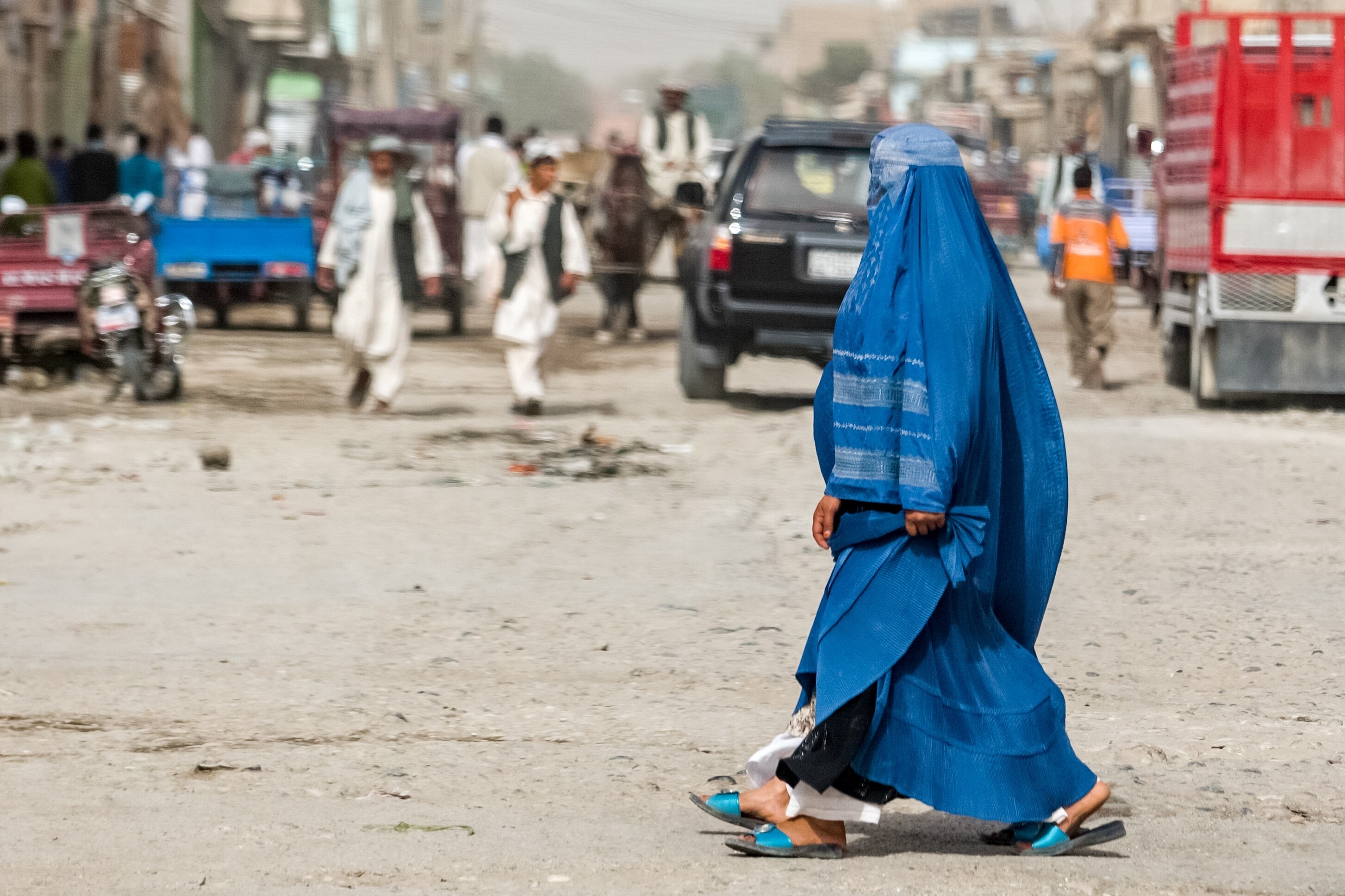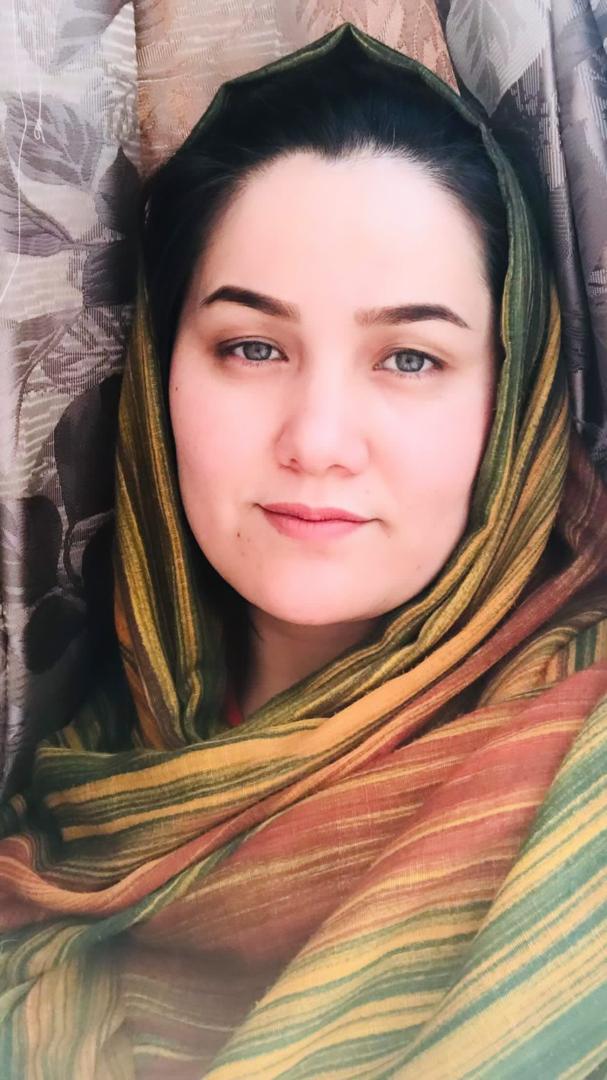Max Blumenthal’s new and exclusive documentary, "Atrocity Inc.," delves into the murky waters of Israel misinformation war and the Western dominant media complicity surrounding the atrocities alleged to have occurred during the attacks of October 7, 2023. The film powerfully discusses how certain horrific claims—ranging from the beheading of babies to the gouging of eyes—were propagated without substantiated evidence, highlighting a systemic failure within mainstream media to question and challenge these narratives, which have been used to sustain support for a brutal Israeli war against Palestinians, in which more than 41,000 people have been killed so far.
From the outset, the documentary presents a barrage of disturbing scenes depicting unspeakable acts claimed to have been committed during the attacks. However, Blumenthal points out that these claims were never backed by concrete proof, an observation that was shared by several independent media outlets and critics, and one which Al Jazeera Journalism Review also highlighted in several occasions. The central thesis of the film revolves around the idea that the Israeli PR machinery and propaganda efforts were carefully and intentionally designed to manufacture consent for conducting a campaign of mass death against Palestinians, which was made possible by the complicity of mainstream media, especially in the United States.
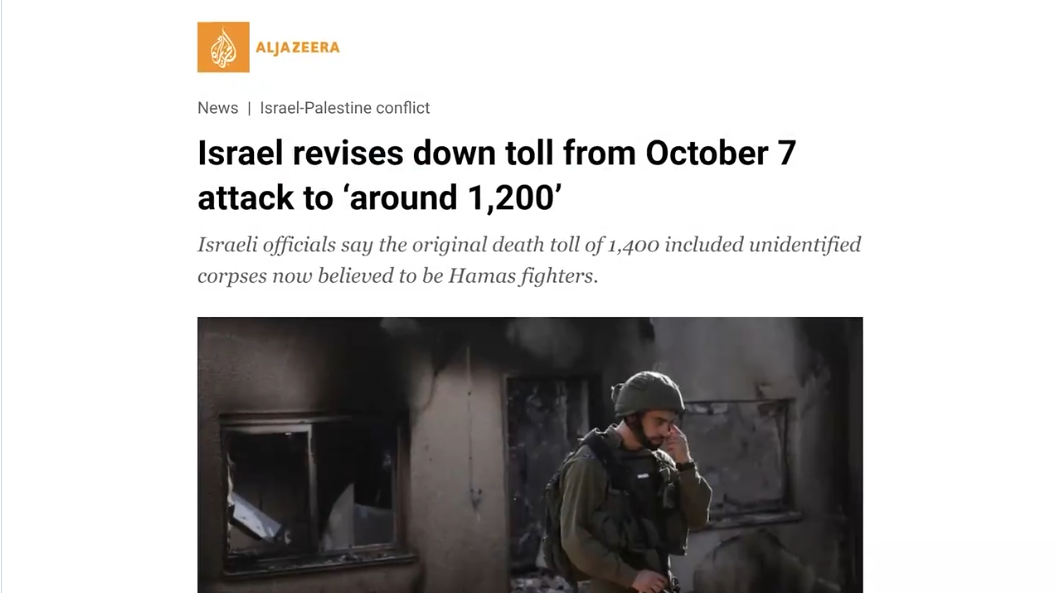
This was achieved through carefully orchestrated media blitzes that uncritically accepted testimonies from unreliable sources, such as David Ben Zion. Ben Zion, a fanatic with a history of extremist rhetoric, was the sole source behind the gruesome story of beheading 40 babies. Despite his calls for the eradication of populations in the West Bank and Gaza, mainstream media outlets, including CNN, and the U.S. administration, failed to scrutinise his extremist background and agenda. Instead, they propagated his horrific claims without verification, ultimately causing irreparable damage and providing Israel with the political latitude to commit further atrocities in Gaza.
Blumenthal further exposes the fabricated narratives spun by individuals like Yass Landau of the ZAKA organisation. Landau’s allegations of witnessing instances of killing Israeli babies and pregnant women, were later debunked due to the absence of forensic evidence and corroborative testimonies. Despite being proven entirely bogus, these hysterical fabrications proved extremely lucrative for ZAKA, which received at least $13 million in donations as a result of its sustained propaganda efforts. Another baseless claim involved the burning of babies alive in ovens, a story that gained traction in mainstream Western media, including Fox News. Although it was eventually disproven, that made little to no impact in halting the war or generating sympathy for the people of Gaza.
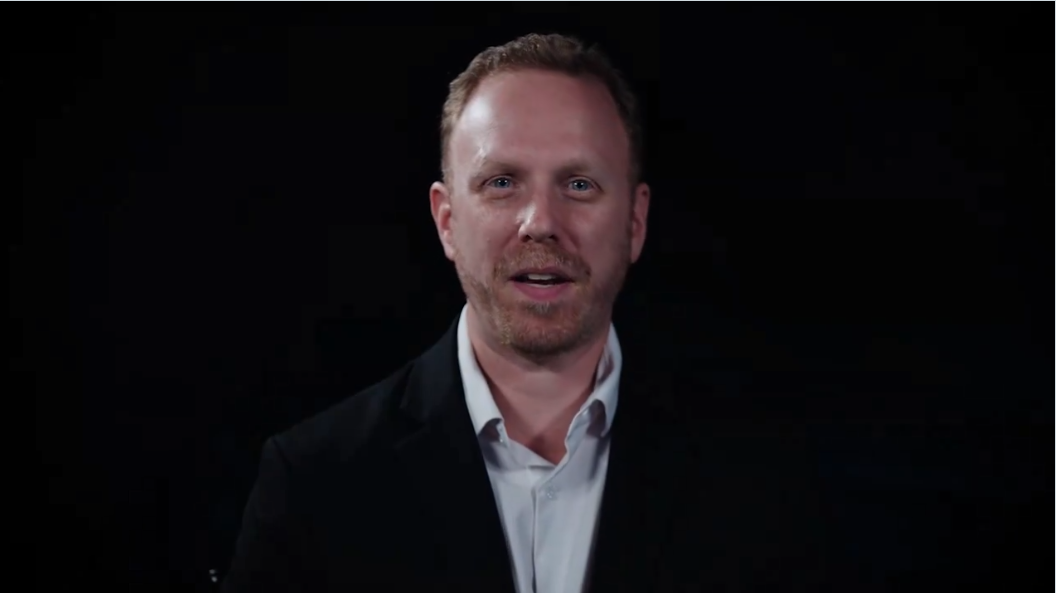
These false narratives served a strategic purpose for Israeli officials, who used them to dehumanise the people of Gaza, portraying them as “human animals” in the words of Yoav Gallant and other top Israeli officials, deserving of complete deprivation of basic necessities like food, water, medicine, and electricity. This dehumanisation and the consistent messaging from both Israeli and U.S. officials painted Hamas as the new ISIS—savages and embodiments of sheer evil provided the Israeli government with the justification to conduct an unjust, all-out war on Palestinians, and cemented a biased and completely distorted narrative that justified the ongoing campaign of ethnic cleansing in Gaza, and the West Bank.
The documentary also critiques the misleading assertion that the October 7th attacks resulted in the “largest death toll of Jews since the Holocaust,” a claim perpetuated by mainstream media and Western officials. This rhetoric was intended to frame the October 7 attacks as acts of religiously motivated violence against Jews rather than as a response to a brutal and unjust occupation. Importantly, none of the media coverage addressed the proportion of uniformed military personnel among the deceased or acknowledged the Hannibal Directive, a controversial Israeli military policy that resulted in the deaths of Israeli civilians. Despite witness testimonies and reports from Israeli media outlets like Haaretz confirming the use of this directive in multiple locations, mainstream Western media chose to ignore these facts. In this context, Blumenthal raises a poignant journalistic question: “How many Israeli civilians did the Israeli military kill?”, but the documentary asserts that the true number may never be known due to Western media’s lack of interest in investigating or even reporting on the Hannibal Directive, as it does not align with the preferred narrative of Hamas as savages.
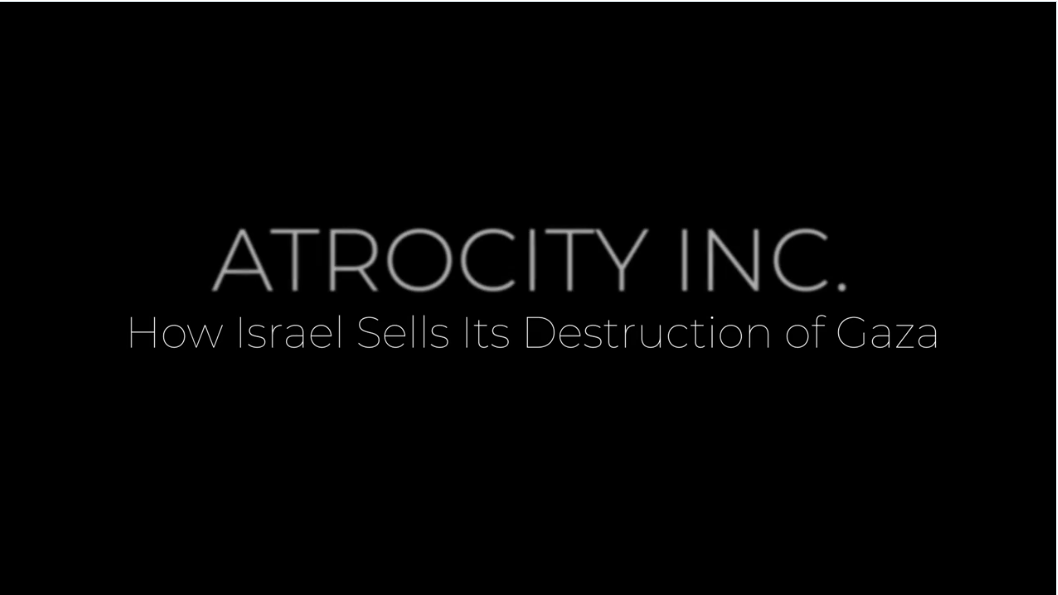
While the first part of "Atrocity Inc." sets the stage by highlighting the media’s uncritical acceptance of extremist testimonies and the ensuing narrative that justifies Israel’s aggressive actions and war crimes in Gaza, the second part shifts focus to the broader failure of mainstream Western media to report on Israeli intentions to carry out genocidal massacres in Gaza. It has become increasingly clear, particularly with the devastating destruction in Gaza, that Israel is engaging in acts of genocide. The mass killing of over 41,000 Palestinians, nearly half of whom are children and youth, with thousands still missing; the forced displacement of almost two million Palestinians, representing 90 percent of Gaza’s population; Israel’s imposition of a "total siege," which now threatens to kill hundreds of thousands more through hunger and infectious diseases; the indiscriminate mass bombardments that have laid waste to Gaza, levelling entire residential neighbourhoods; the deliberate targeting of hospitals, doctors, journalists, and healthcare professionals; and the destruction of cultural, educational, and religious sites, including hundreds of schools and universities—these actions all collectively amount to visible acts of genocide. Nevertheless, such details have been insufficiently addressed in mainstream Western media, leaving a critical gap in awareness and accountability.
In the third part of the documentary, Blumenthal reveals the deliberate propagation of allegations of systematic rape on October 7th, orchestrated by Frank Luntz, a celebrity pollster and consultant. Luntz, known for authoring the “Global Language Dictionary” in 2009 to aid Israeli propagandists, conducted private polls and research that influenced a shift in the Israeli media blitz towards focusing on rape on October 7. This strategy culminated in the now infamous front-page article in The New York Times titled “Screams without Words”, which eagerly, albeit falsely, claimed a pattern of gender-based violence on October 7th. This new atrocity hoax was designed to garner international support for Israel’s ethnic cleansing campaign. However, the veracity of these claims was soon undermined by Israelis themselves, including the spokesperson for Beeri Kibbutz, who denied the reported instances of sexual abuse. Once again, by the time independent media investigations revealed the truth, the damage was already done. Harmful narratives had already taken root in the public consciousness, giving Israel additional political space to continue the war.
In the final segment, the documentary highlights a statement by ICC judge Navanethem Pillay, who in 2003 convicted three former senior figures in the Rwandan media. Judge Pillay condemned them for using the medium of communication to disseminate hatred and violence without the use of physical weapons, resulting in the deaths of thousands of innocent civilians. Blumenthal contends that these same words can and should be directed at Western media outlets that propagated the false stories about October 7th atrocities, thereby aiding in generating international support for Israel’s onslaught on Gaza.
Ultimately, "Atrocity Inc." serves as a powerful reminder of the critical role that journalists play in safeguarding truth and accountability. Blumenthal emphasises the importance of recognising the power of truth as a tool to challenge and dismantle official war machines and propaganda. He advocates in his film for continued support of independent media as a means to counteract the destructive narratives perpetuated by mainstream media and political entities.
In a world where information shapes perception and policy, "Atrocity Inc." underscores the imperative for journalists to remain vigilant and discerning. By exposing the failures and biases of mainstream media, Blumenthal not only critiques the current state of Western journalism but also calls for a renewed commitment to truth and integrity in reporting. This documentary is a call for media professionals to uphold their duty to the public and humanity by rigorously fact-checking official statements and resisting the seductive ease of propagandistic official narratives.
